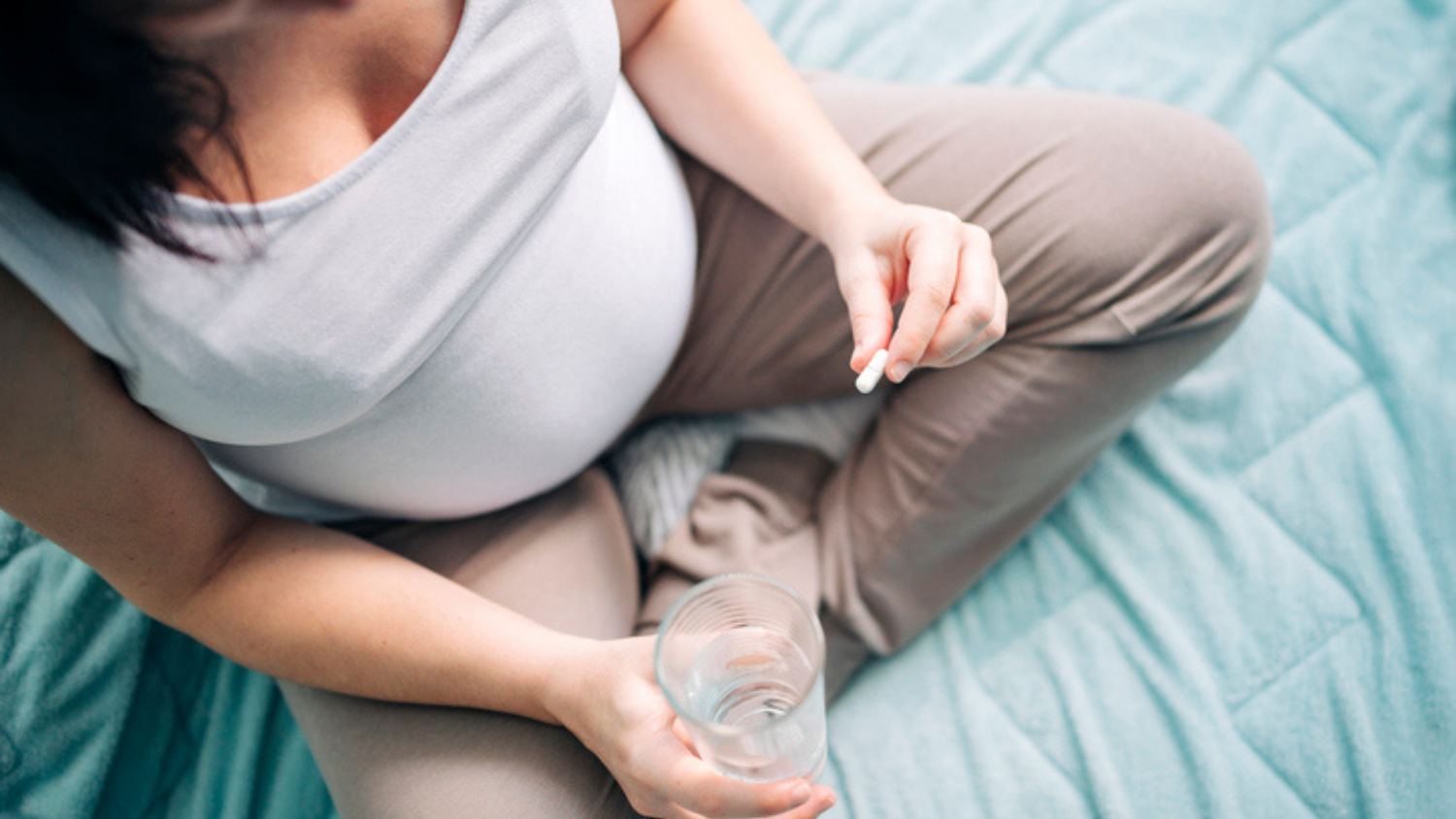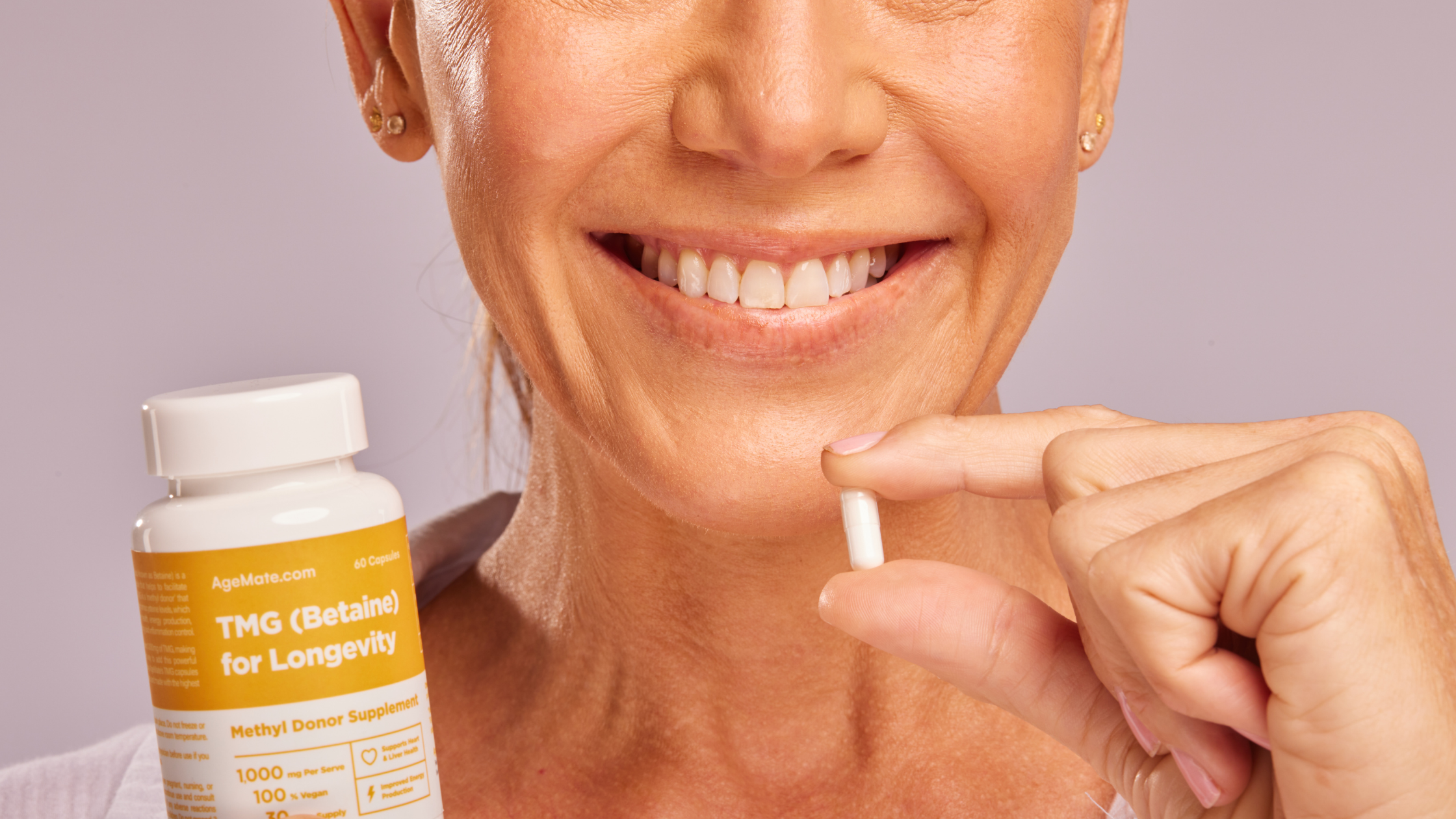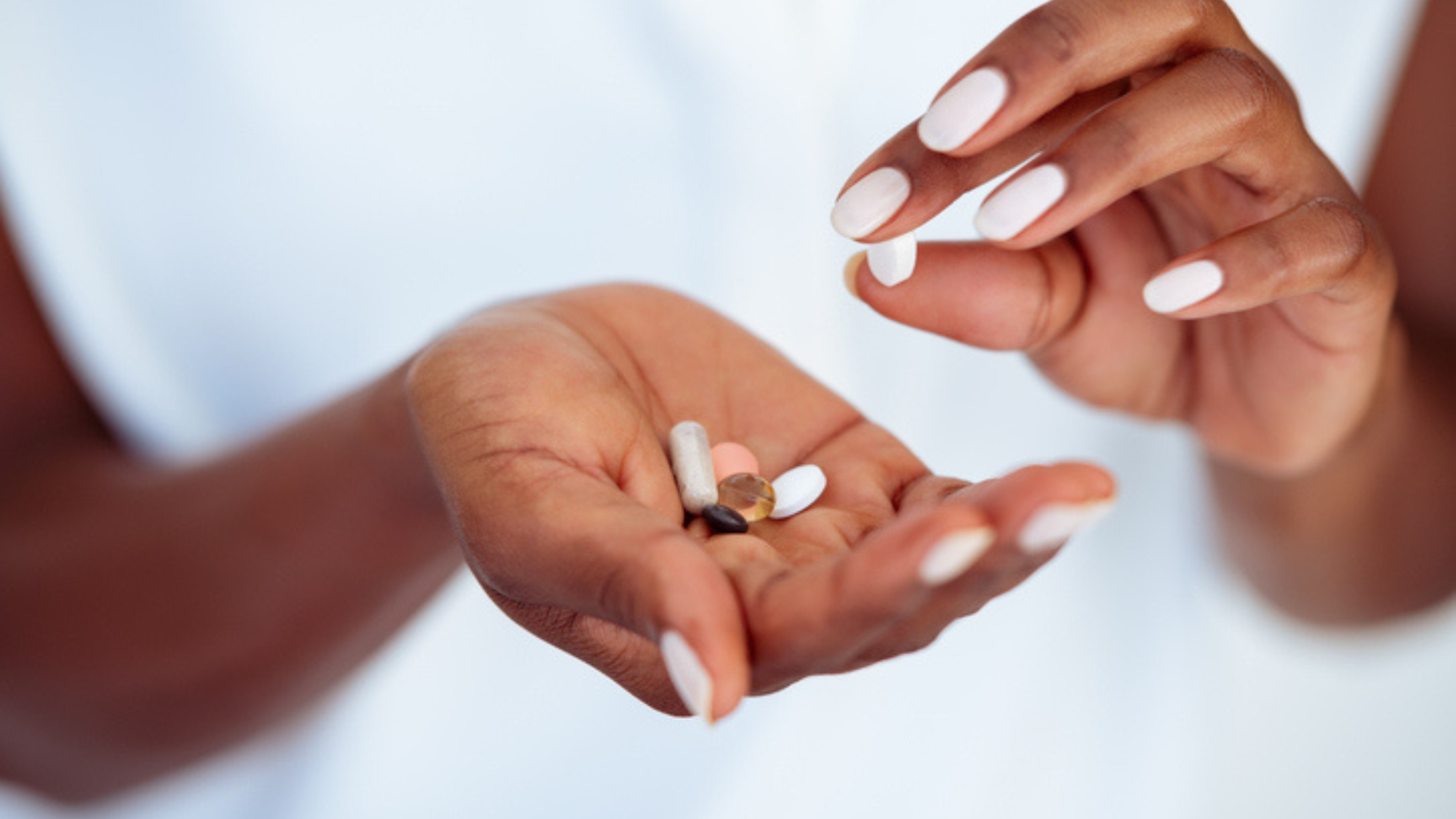Pregnancy is a time of heightened awareness and caution for expectant mothers, particularly regarding diet and supplements. Resveratrol, a potent antioxidant found in red wine, grapes, and berries, is praised for its health benefits, including anti-inflammatory and anti-aging properties.
However, when it comes to taking resveratrol supplements during pregnancy, caution and informed decision-making are essential. This raises the critical question: Is it safe to take resveratrol during pregnancy?
Understanding Resveratrol
Resveratrol's appeal comes from its antioxidant properties, which combat oxidative stress and may offer protective benefits against certain diseases. Its potential impact on cardiovascular health and longevity has made it a popular supplement. However, the effects of resveratrol during pregnancy are not well-understood, raising questions about its safety for expectant mothers.
Resveratrol and Pregnancy: What the Research Says
Research suggests that resveratrol can cross the placenta, improving oxidative status and potentially benefiting both maternal health and fetal development. It may help with conditions like preeclampsia (PE) by reducing blood pressure, preventing cell apoptosis, and protecting vascular endothelium. Additionally, it shows promise in managing gestational diabetes mellitus (GDM) by regulating blood glucose levels (R).
That said, research on resveratrol's safety during pregnancy is limited and inconclusive. Animal studies have provided mixed results, with some suggesting potential benefits and others indicating possible risks. However, these studies often use doses much higher than what a person would typically consume, making it difficult to draw direct conclusions for humans (R).
Due to the lack of comprehensive human studies, medical professionals generally advise caution.
Precautionary Measures
For expectant mothers considering resveratrol supplements, here are some precautionary measures to consider:
Conclusion
While resveratrol may offer various health benefits, the lack of definitive research on its safety during pregnancy suggests caution. The best approach is to consult with your healthcare professional before introducing any supplement. As research evolves, more definitive guidelines may emerge. Until then, prioritising known safe practices and nutrients is the prudent path for expectant mothers.





